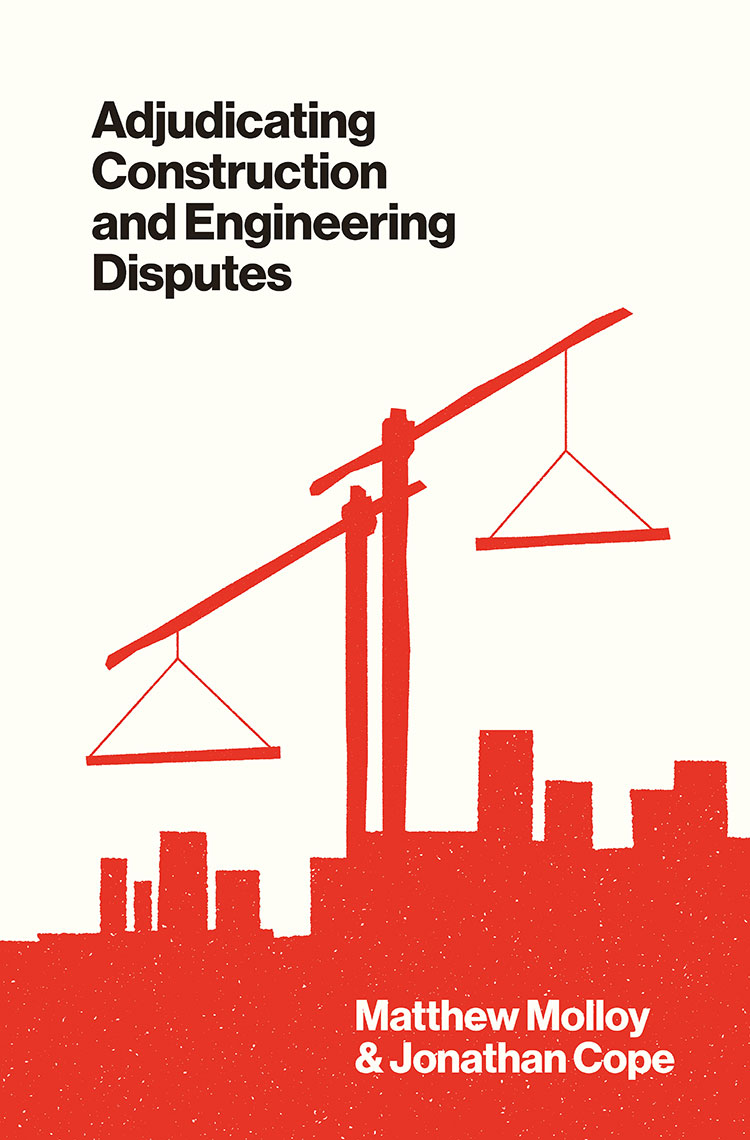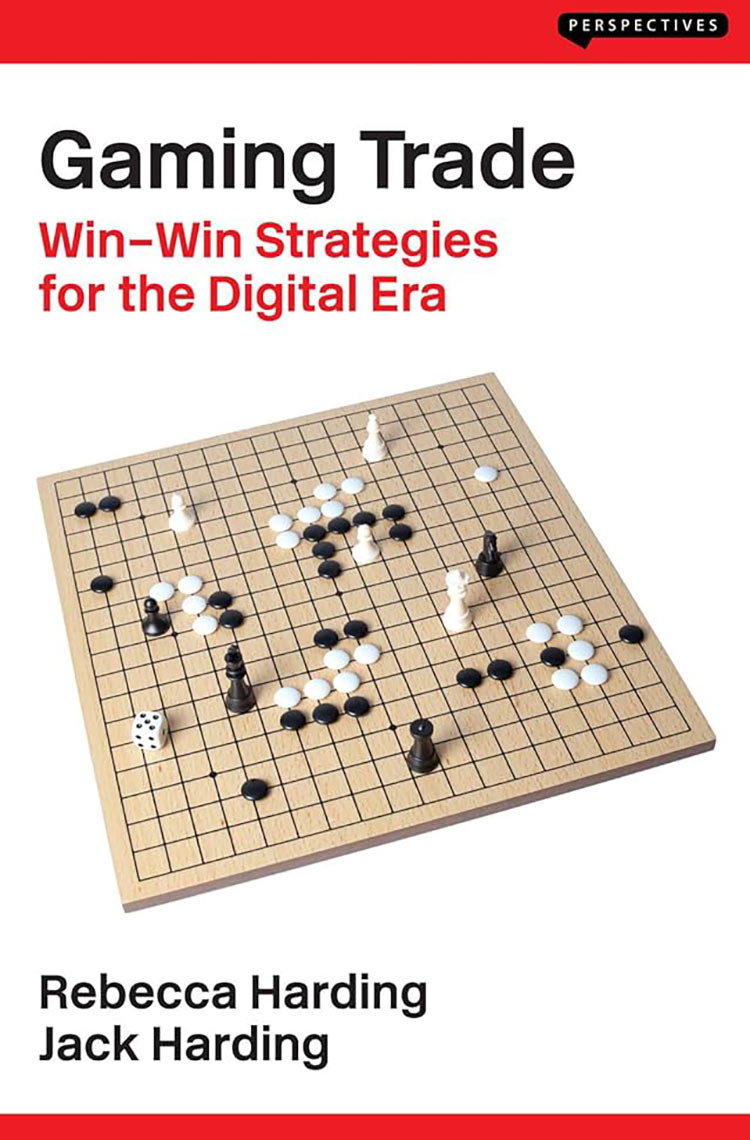This book provides a cradle to grave guide to the process of construction industry adjudication from the perspective of the adjudicator. It covers the whole process of adjudication, from the initial enquiry through case management, the conduct of the proceedings, the production of the Decision and post-Decision matters. The purpose is to provide a resource for aspiring and practising adjudicators, both in the UK and internationally.
Since its inception in the UK in 1998, adjudication has become the forum of choice in the UK construction industry, and its success has seen the process increasingly being used in other jurisdictions as well as on international construction projects. The adjudication process has evolved into a highly complex one, requiring considerable skill on the part of the adjudicator, who is often required to work under tight timelines in what can be a high-pressure environment. This can create particular challenges and a number of potential pitfalls for the unwary. Although there are a number of texts that cover adjudication, their focus is the law and practice of adjudication from the perspective of the users; this guide is from the perspective of the adjudicator.
To order a copy of the book, please click the orange “Add to cart” button above, which will take you through the purchase process.
If you wish to order five copies or more, then please email lpp@londpublishingpartnership.co.uk as discounts might be available.
Praise for Adjudicating Construction and Engineering Disputes
“A great judge once wrote that ‘The life of the law has not been logic: it has been experience.’ Adjudicating Construction and Engineering Disputes brings together the vast experience of two of the UK’s most prominent adjudicators. For the neophyte adjudicator as well as the old hand, there is a richness of practical wisdom in this book for decision makers to mine.” — Julian Bailey, partner at Jones Day and author of Construction Law
“This book will become the definitive guide for adjudicators not only in the UK but in all jurisdictions that adopt this method of dispute resolution. It is practical yet rigorous, concise yet comprehensive. The appendices are likely to be of great assistance. We are lucky that Jonathan Cope and Matthew Molloy have shared their extraordinary expertise and insightful advice with us”. — Professor Renato Nazzini PhD FCIArb, director of the Centre of Construction Law and Dispute Resolution, King’s College London
“This book is an invaluable guide to adjudication. Written from the adjudicator’s perspective, in an accessible and fluent style, it is full of very useful and practical information gleaned from the authors’ many years of experience. Everyone will learn from this book. I highly recommend it.” — Victoria Russell LLB FCIArb FCIOB FFB, honorary president of the Adjudication Society
“Clear, practical, easy to follow and comprehensive, this start-to-finish guide to adjudication applies internationally. Matthew Molloy and Jonathan Cope have got the balance right, for practitioners and party representatives alike. They do not overwhelm with academic detail, but everything you need to know is there, clearly informed by the authors’ decades of real-world experience.” — Dr John Fletcher, executive director of the Dispute Resolution Service, RICS
“Molloy and Cope’s book provides a solid ‘cradle to grave’ practical guide to those who wish to practise or are already practising as adjudicators of construction and engineering disputes. The subject matter of the book, although primarily focused on adjudication practice in the UK, is also applicable internationally in jurisdictions where adjudication legislation has been enacted or where there are adjudication provisions within the contract. Molloy and Cope emphasise the common features of adjudication within each jurisdiction: for example, while the substantive laws do differ between jurisdictions, the common principles are that there must be a dispute, the adjudicator’s Decision is temporarily binding, natural justice should be adhered to in relation to procedural fairness and the adjudicator having to act impartially and/or independent of the parties, and Decisions should be reached within a prescribed time limit. Molloy and Cope also broadly identify the differences between each jurisdiction. The book does a very good job of providing a practical guide to the practice of adjudication from the perspective of an adjudicator.” — Robert Gemmell LLM, FRICS, FCIArb, Chartered Arbitrator
Jonathan and Matt both originally qualified and practised as quantity surveyors before undertaking their legal training. They are experienced dispute resolvers, and between them they have been appointed in almost 1,500 construction and engineering disputes as either adjudicator, arbitrator, expert determiner, conflict avoidance/dispute board panel member or mediator. These disputes have concerned projects in a variety of sectors including education, private and public housing, offices, hotels and leisure, sports stadia, roads and infrastructure, utilities, energy and process engineering. They are on a variety of UK and international panels of adjudicators and arbitrators, and they are both Chartered Arbitrators. They are named as dispute resolver in a variety of significant contracts and framework agreements, and are also regularly agreed to act as dispute resolver by parties and their representatives.





